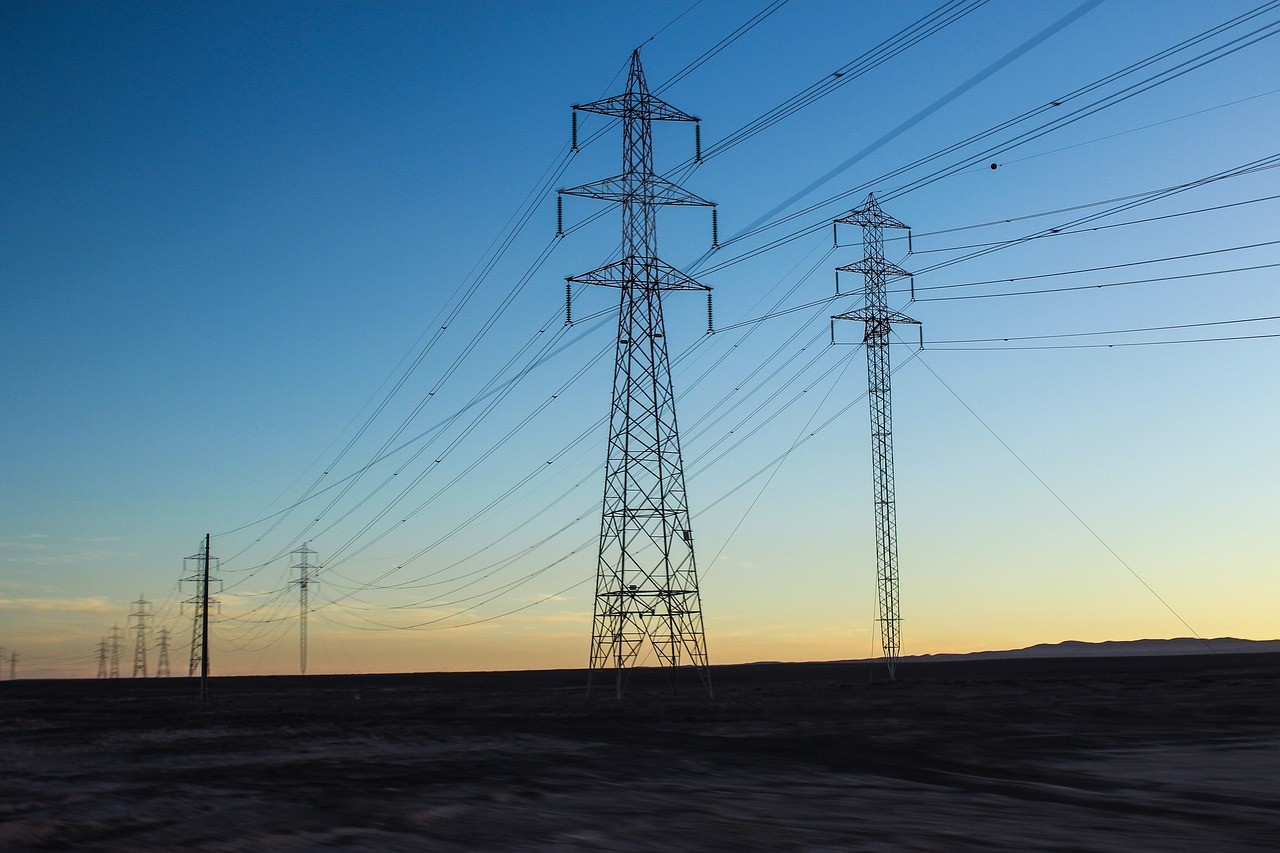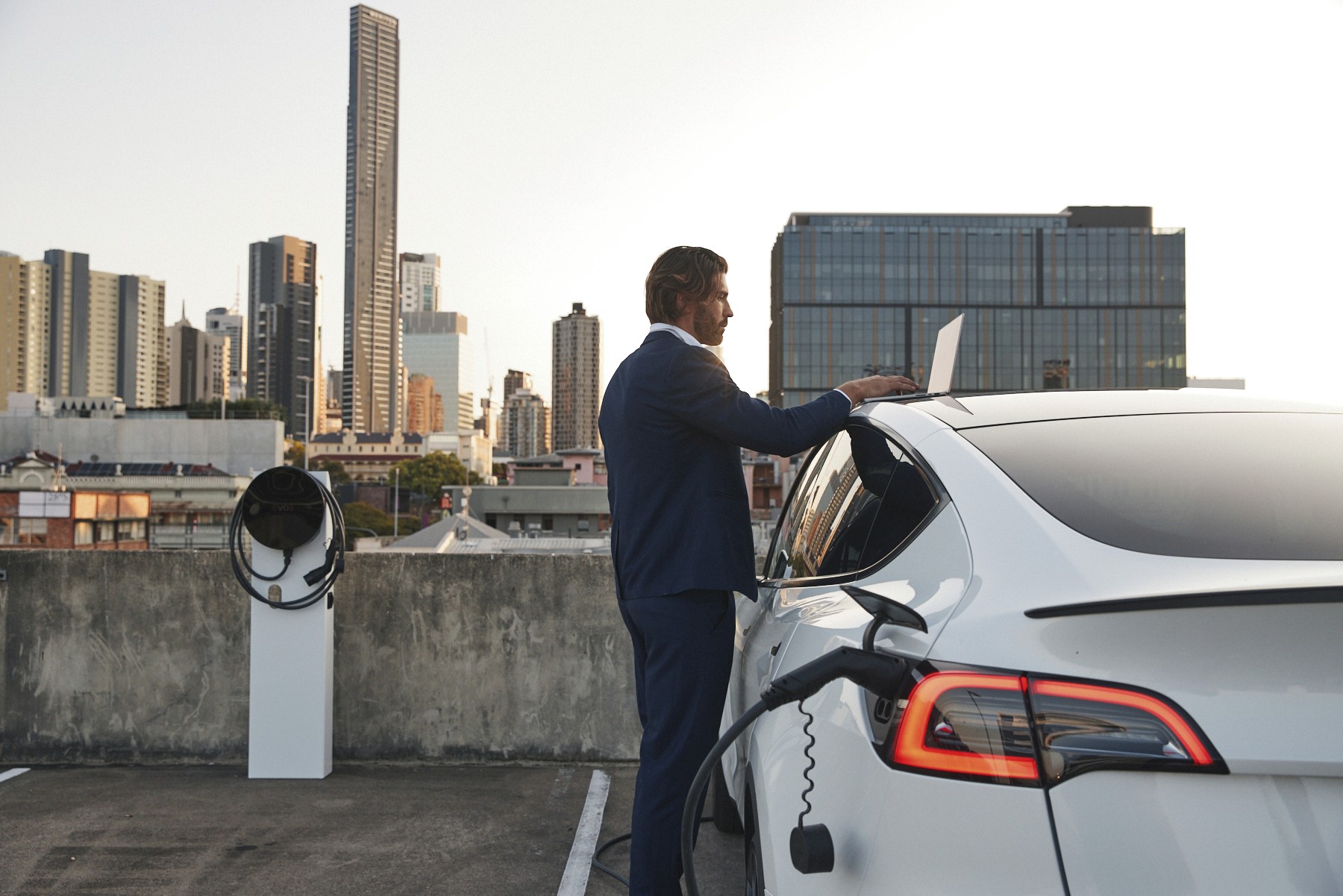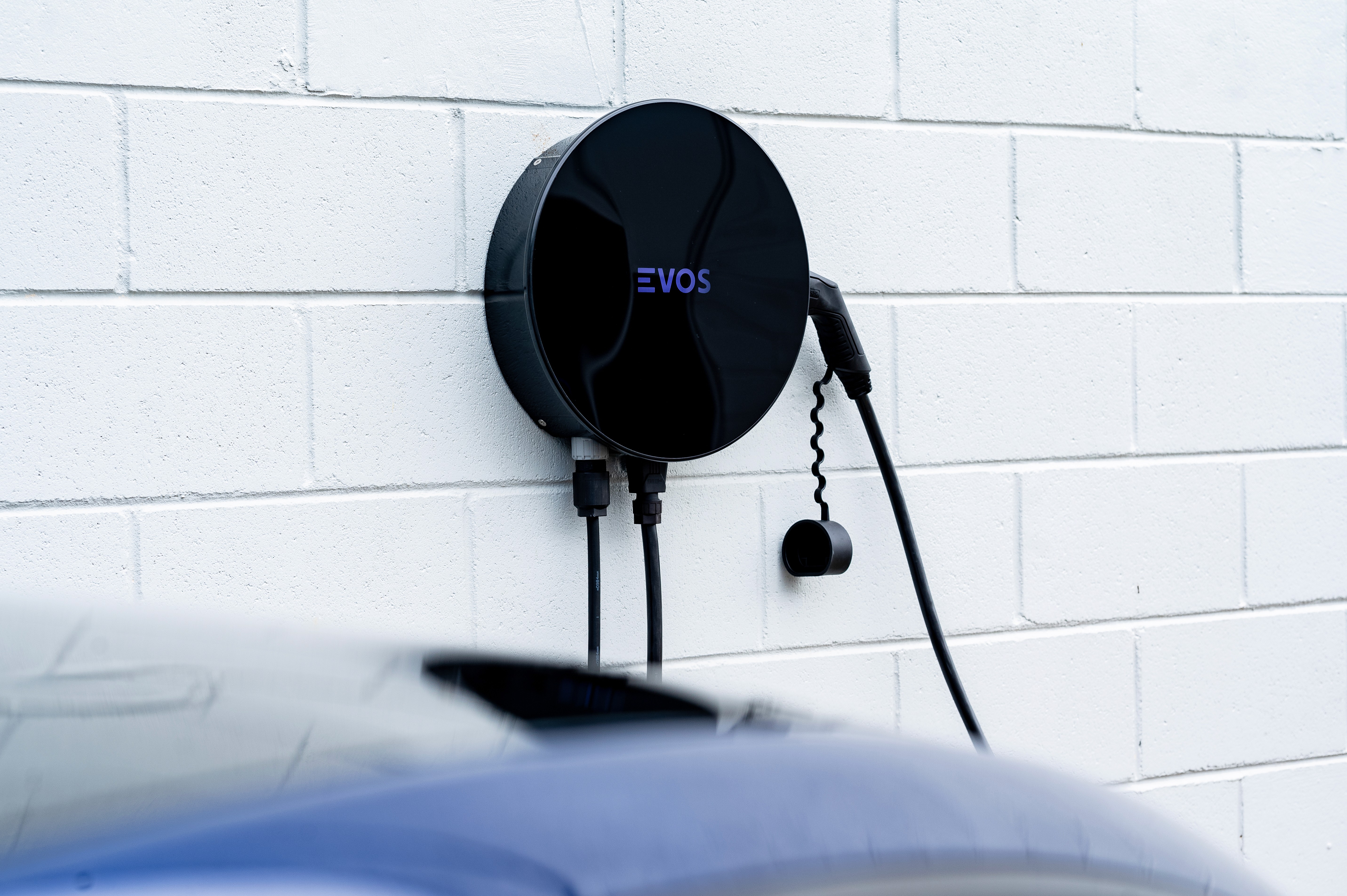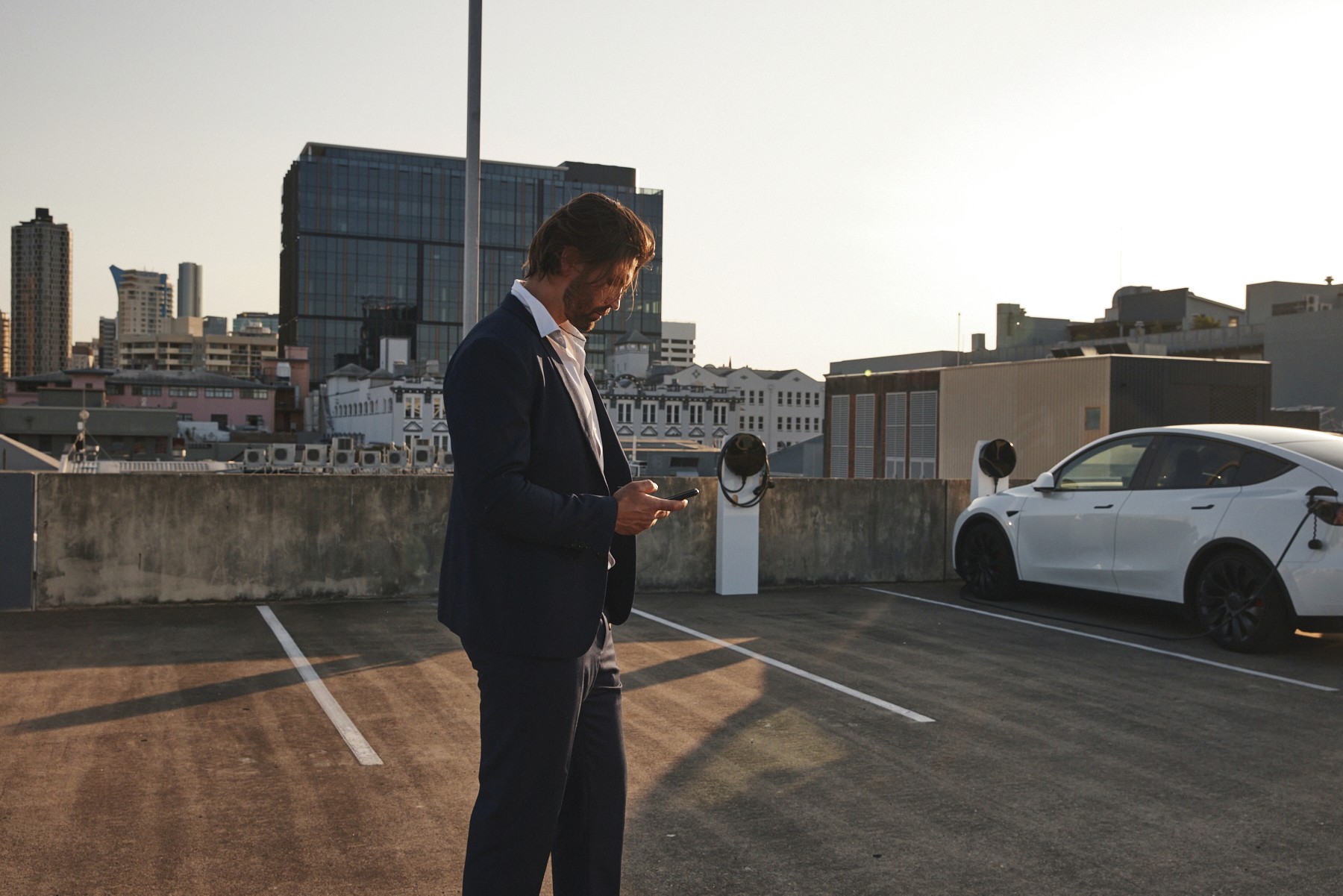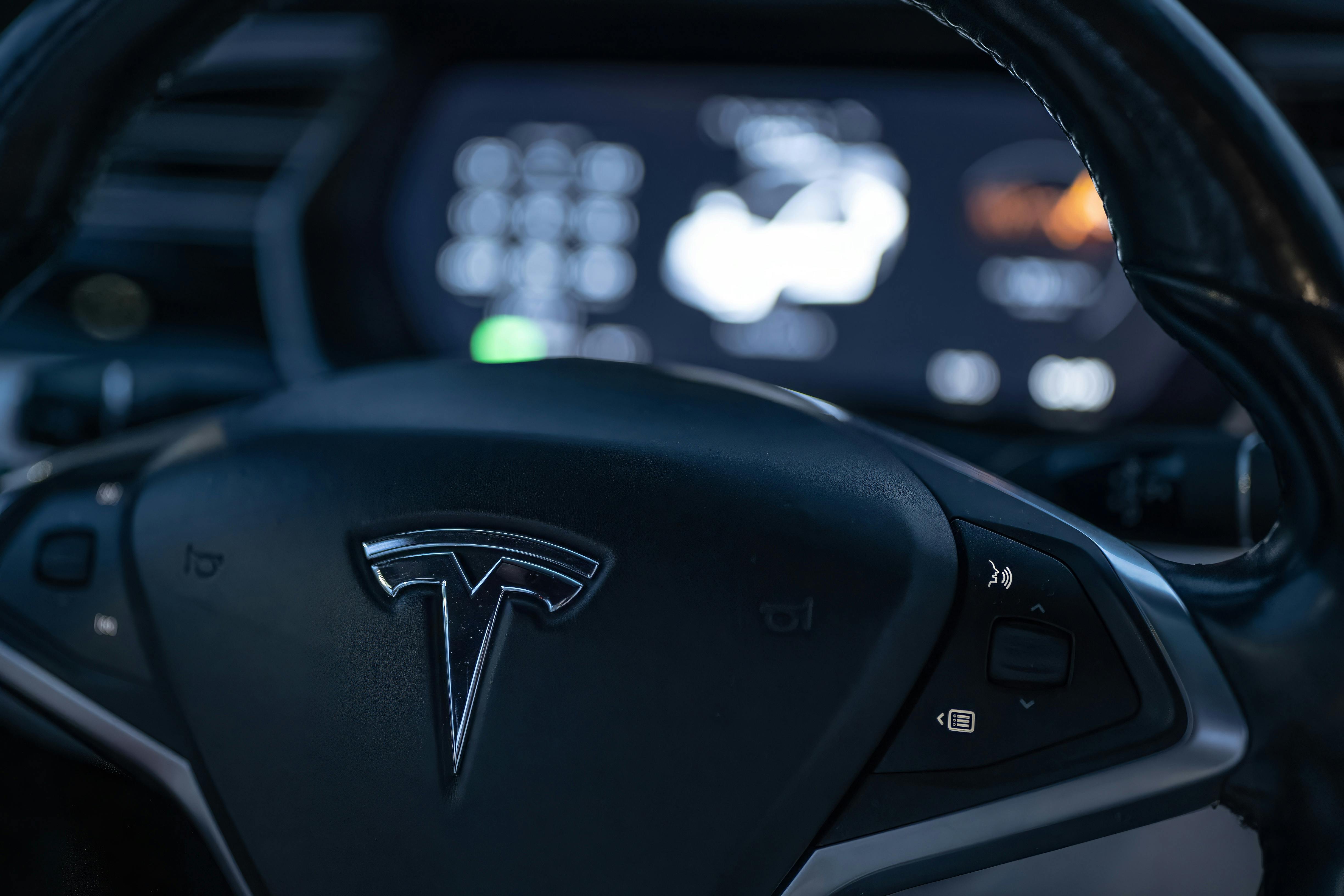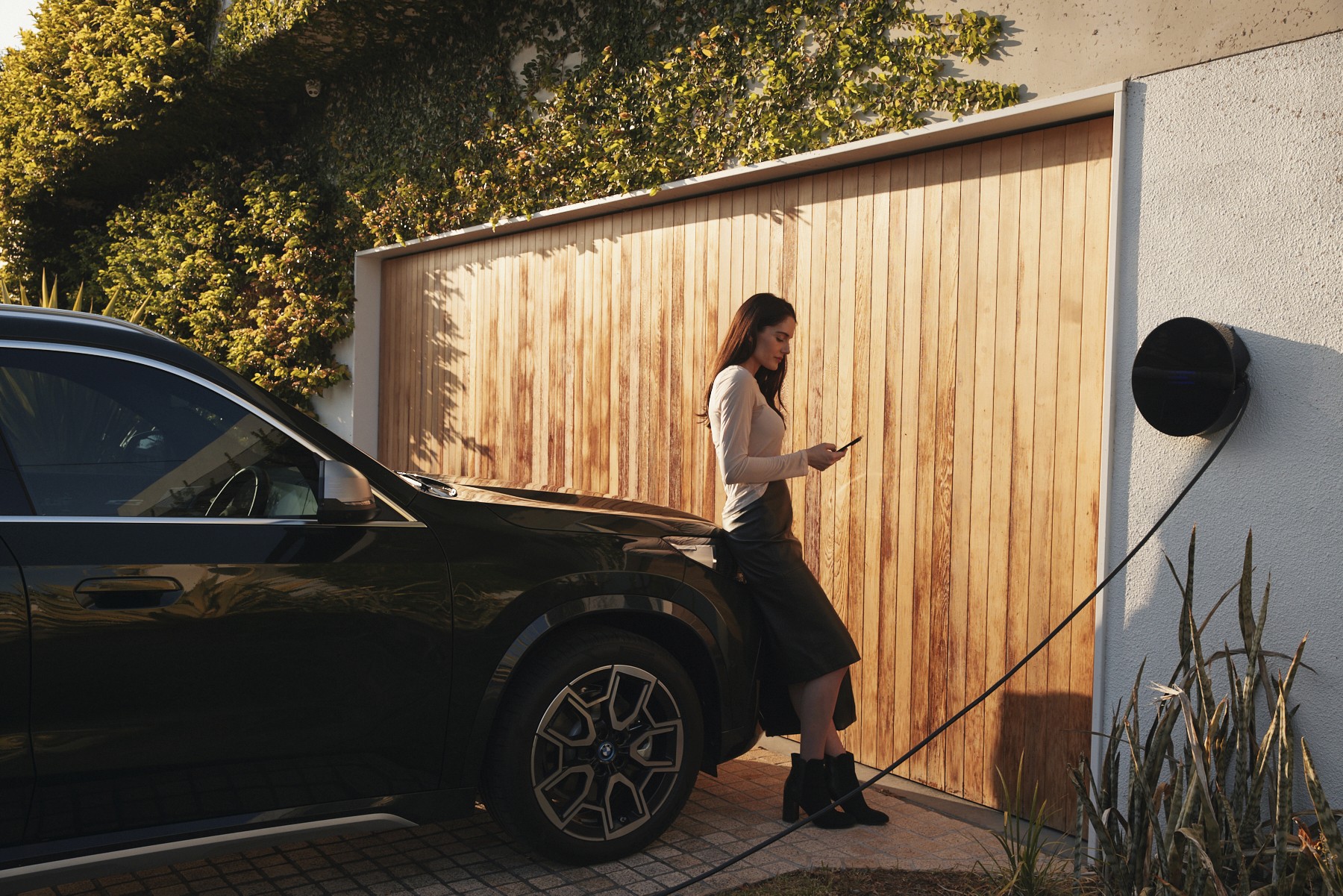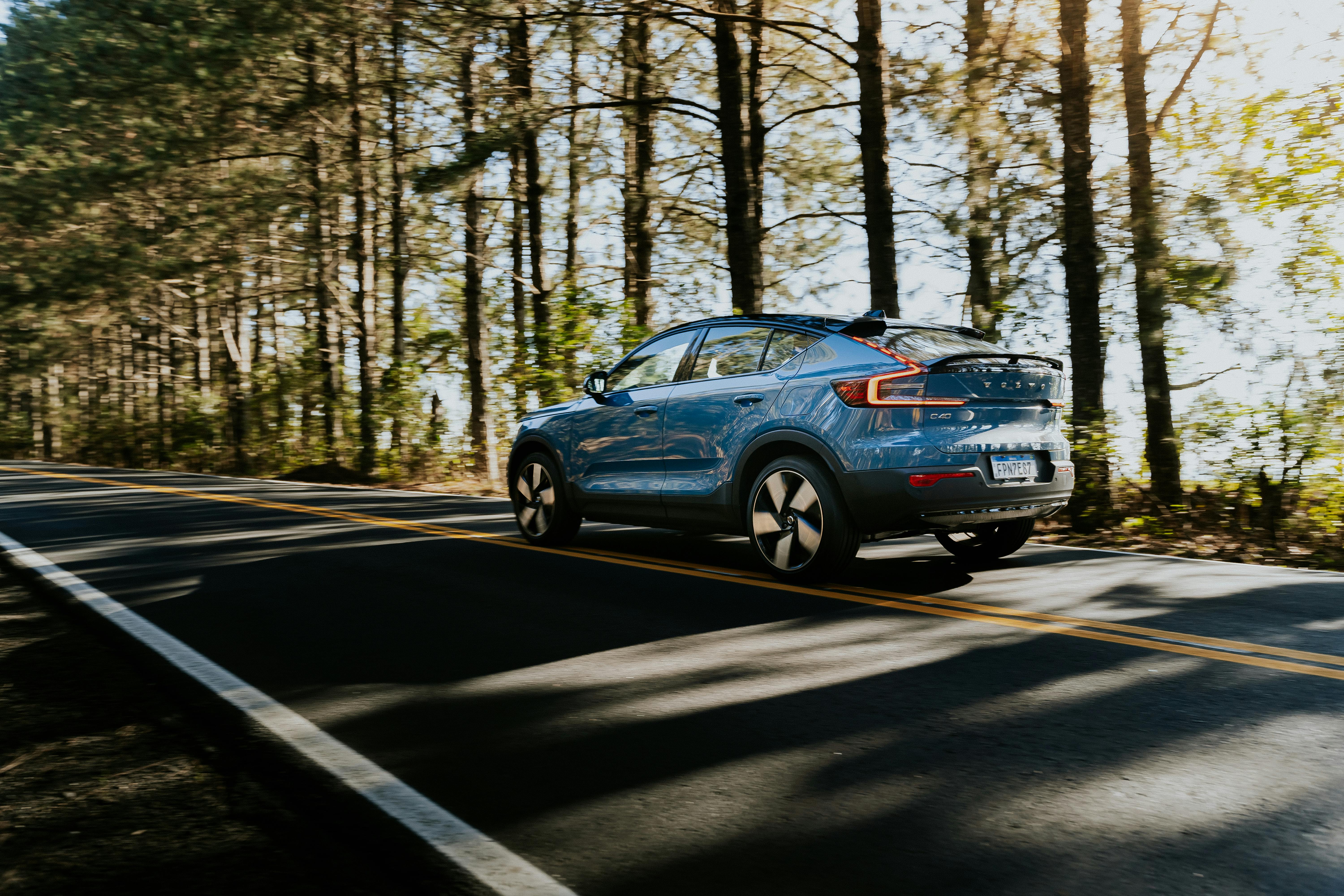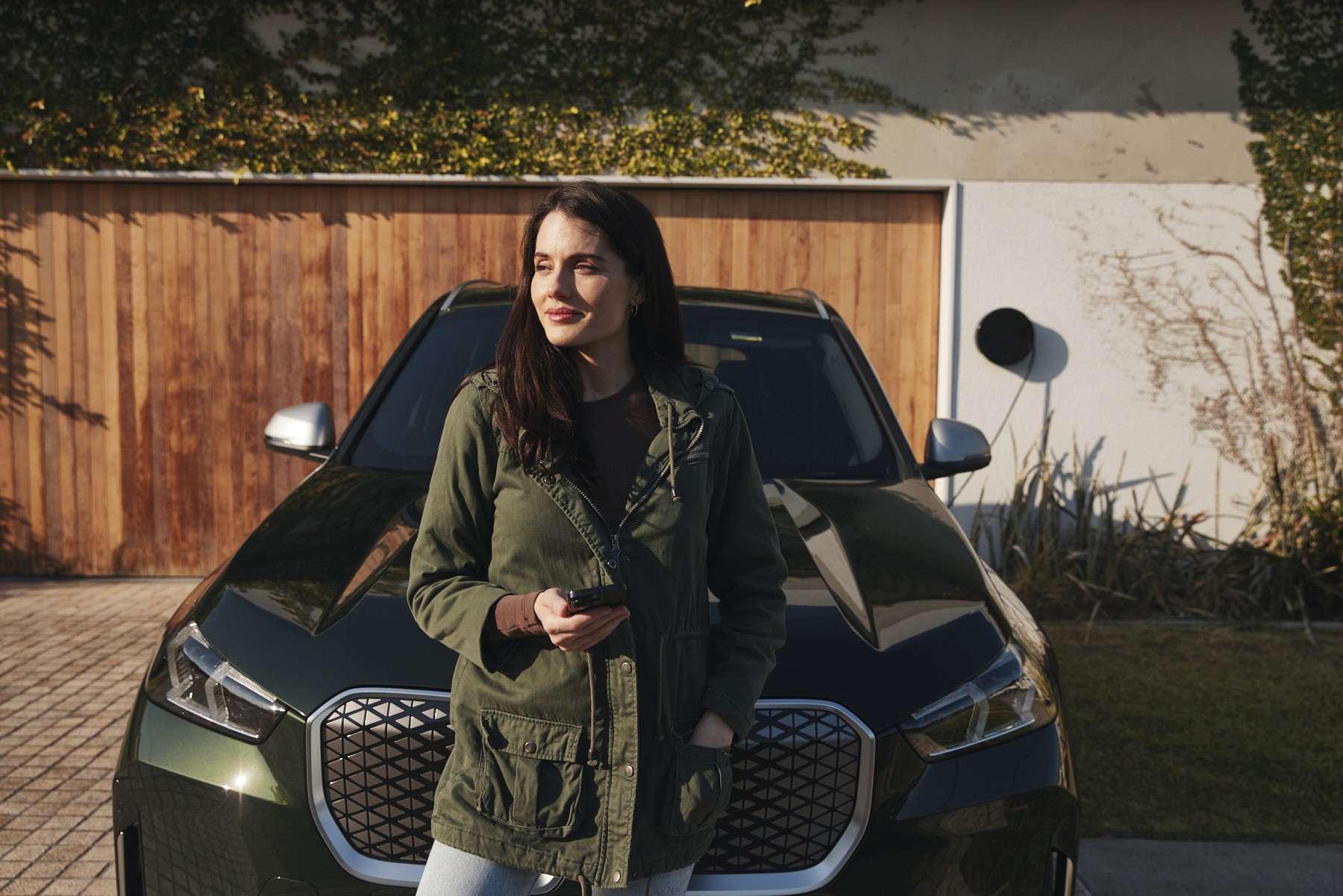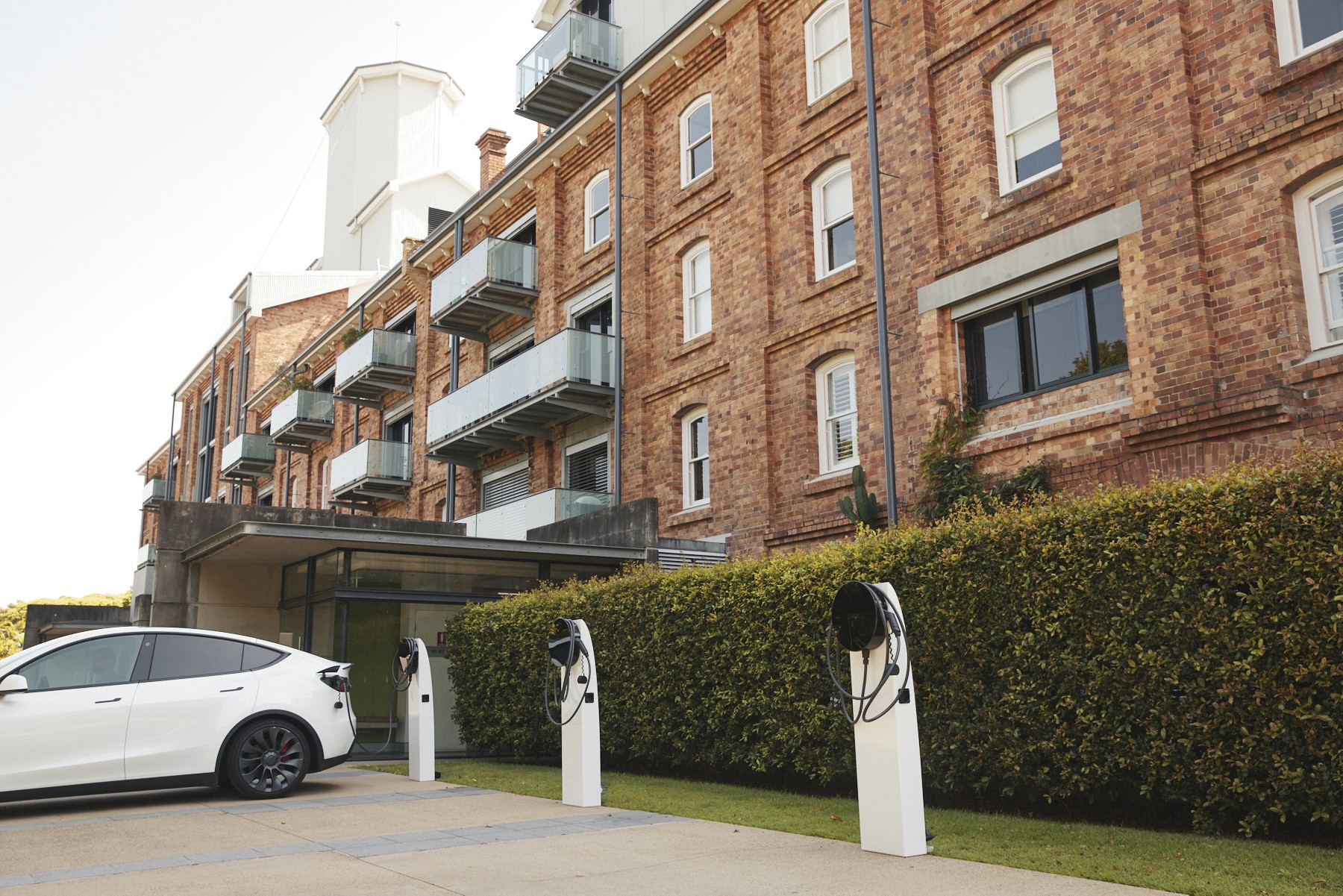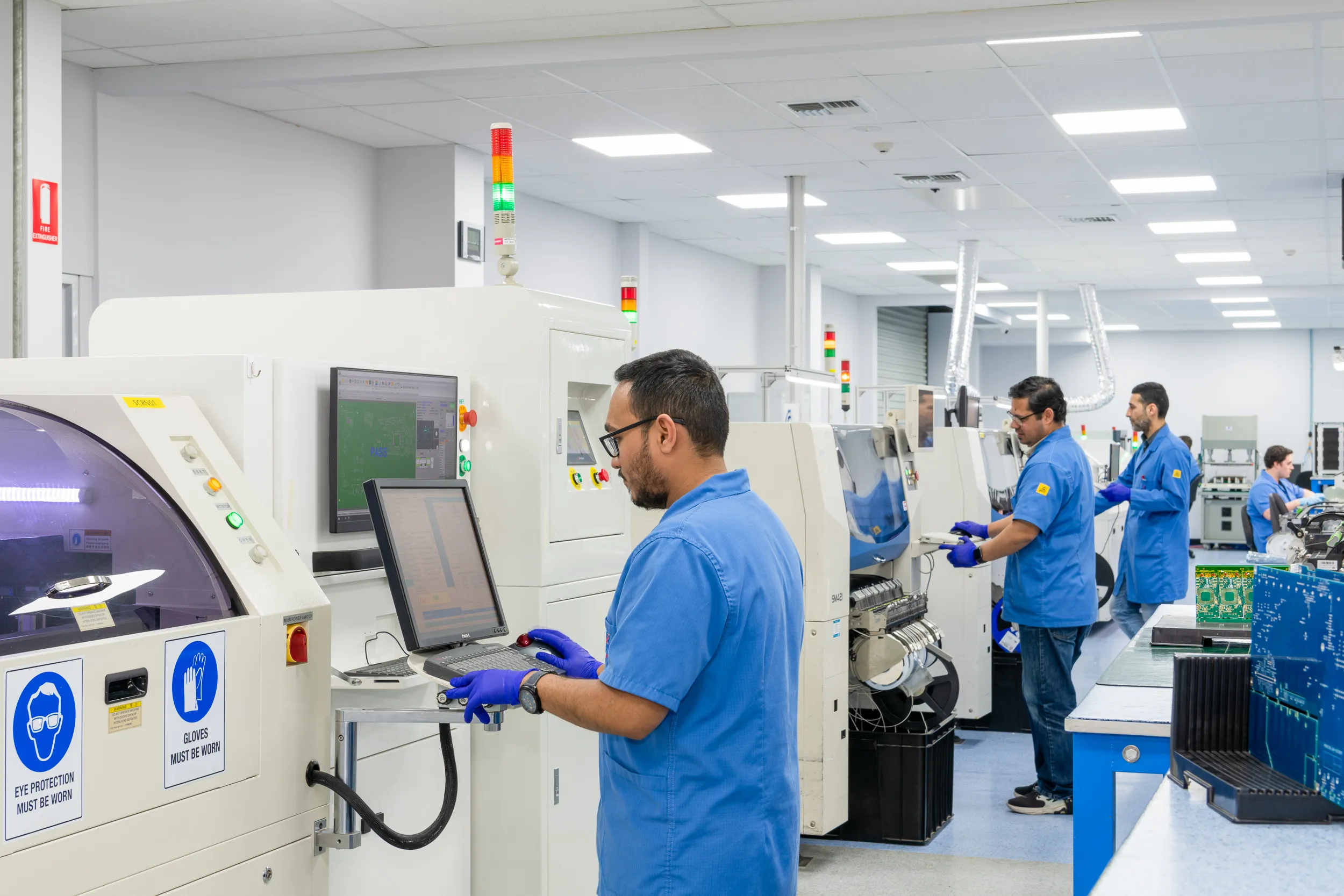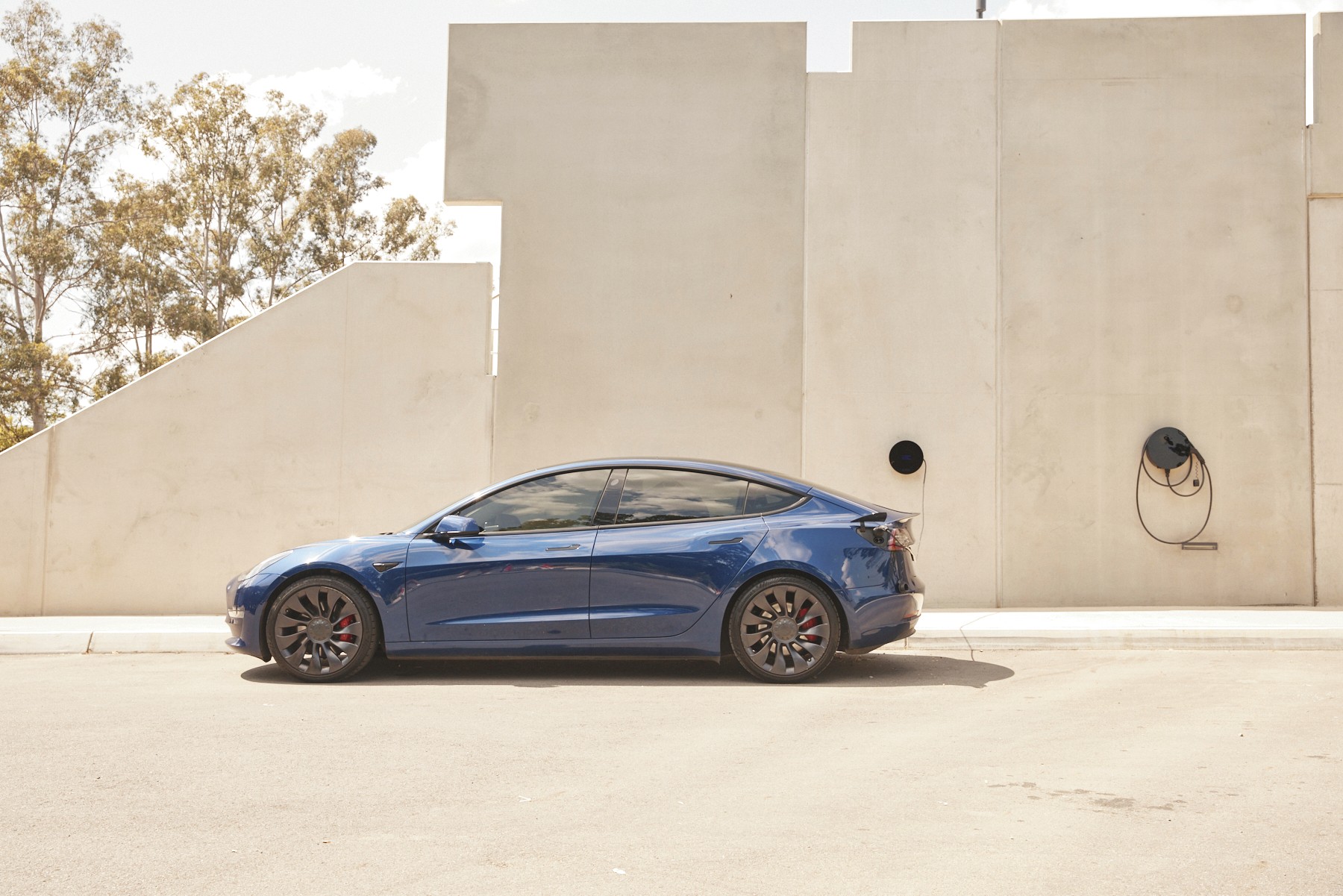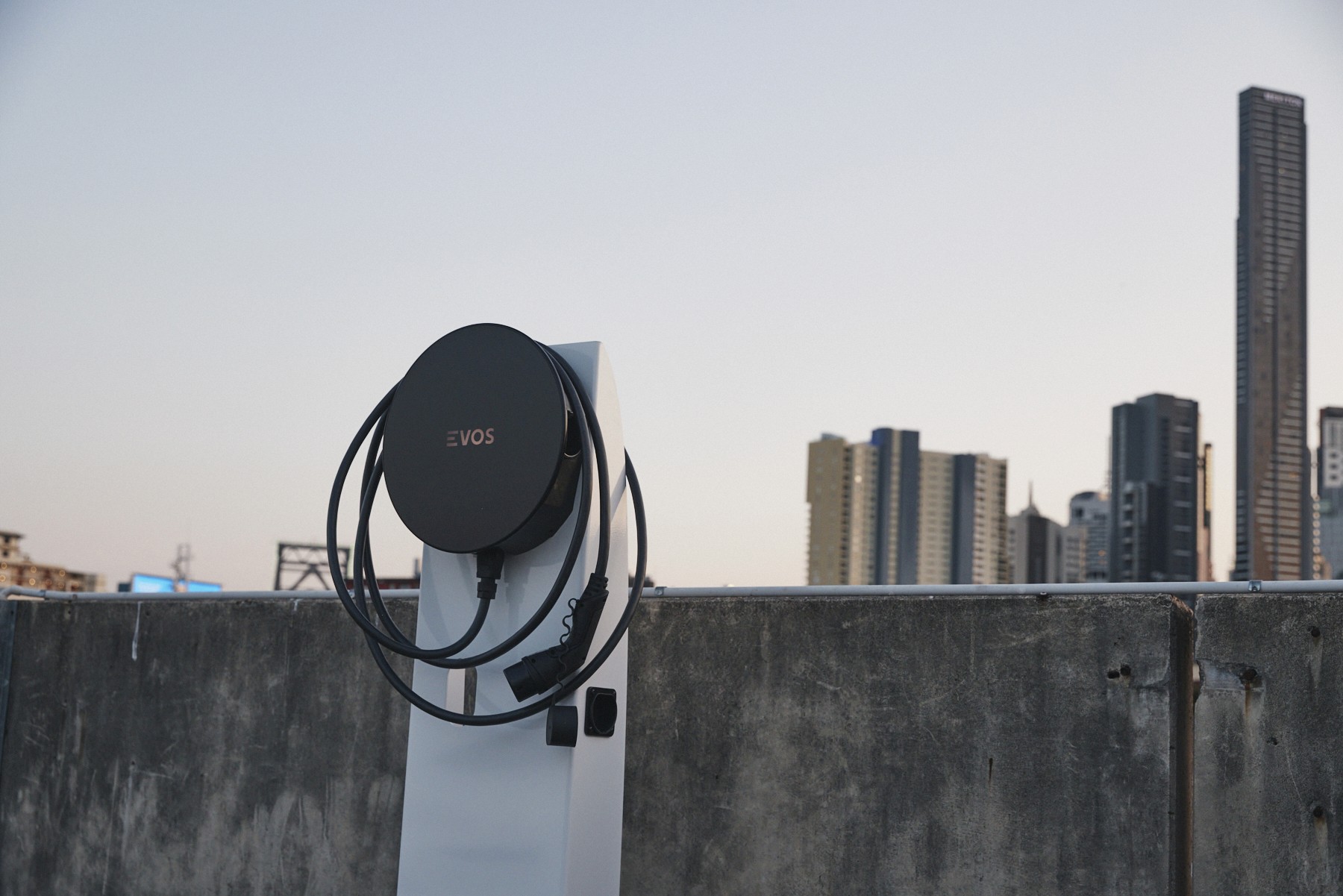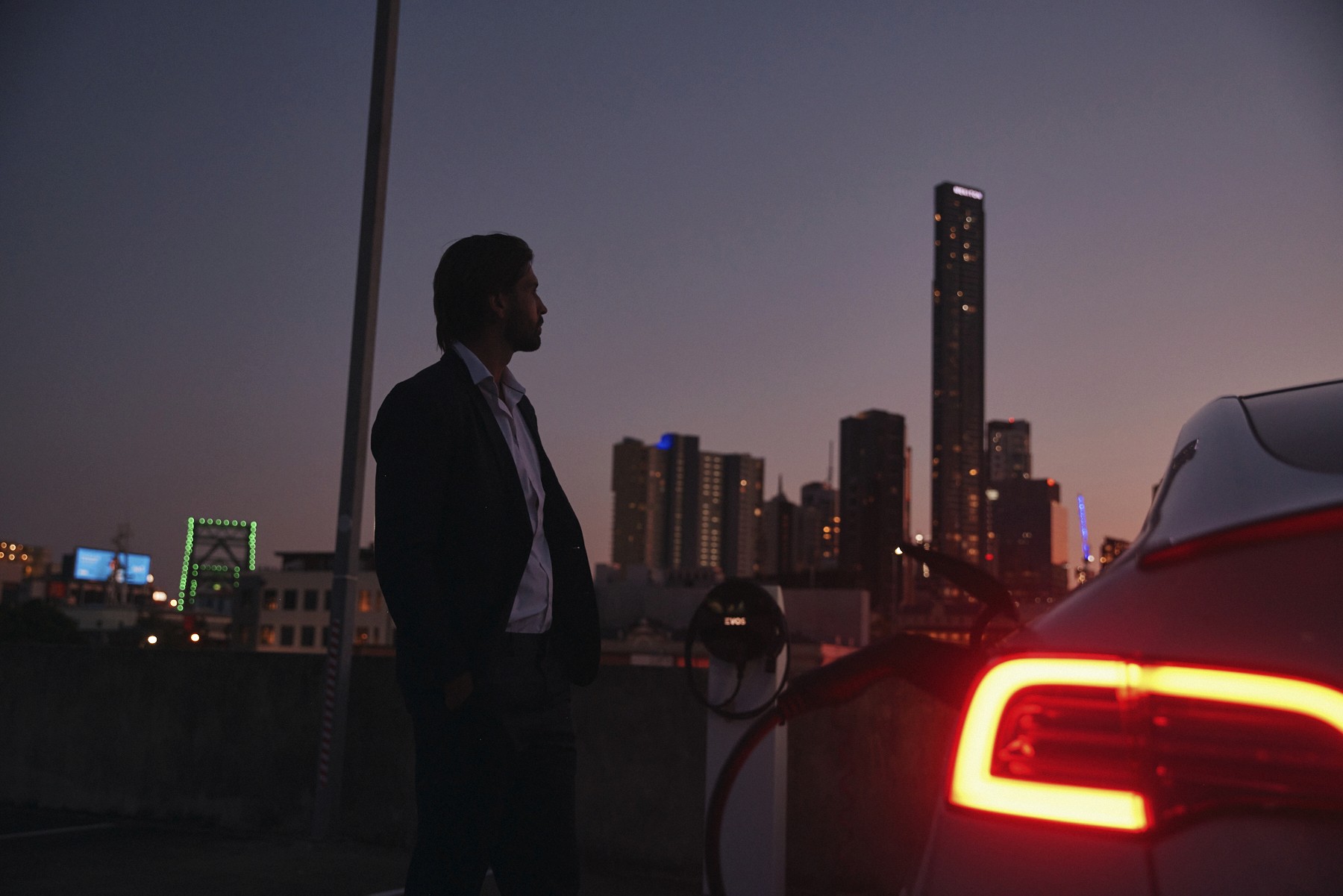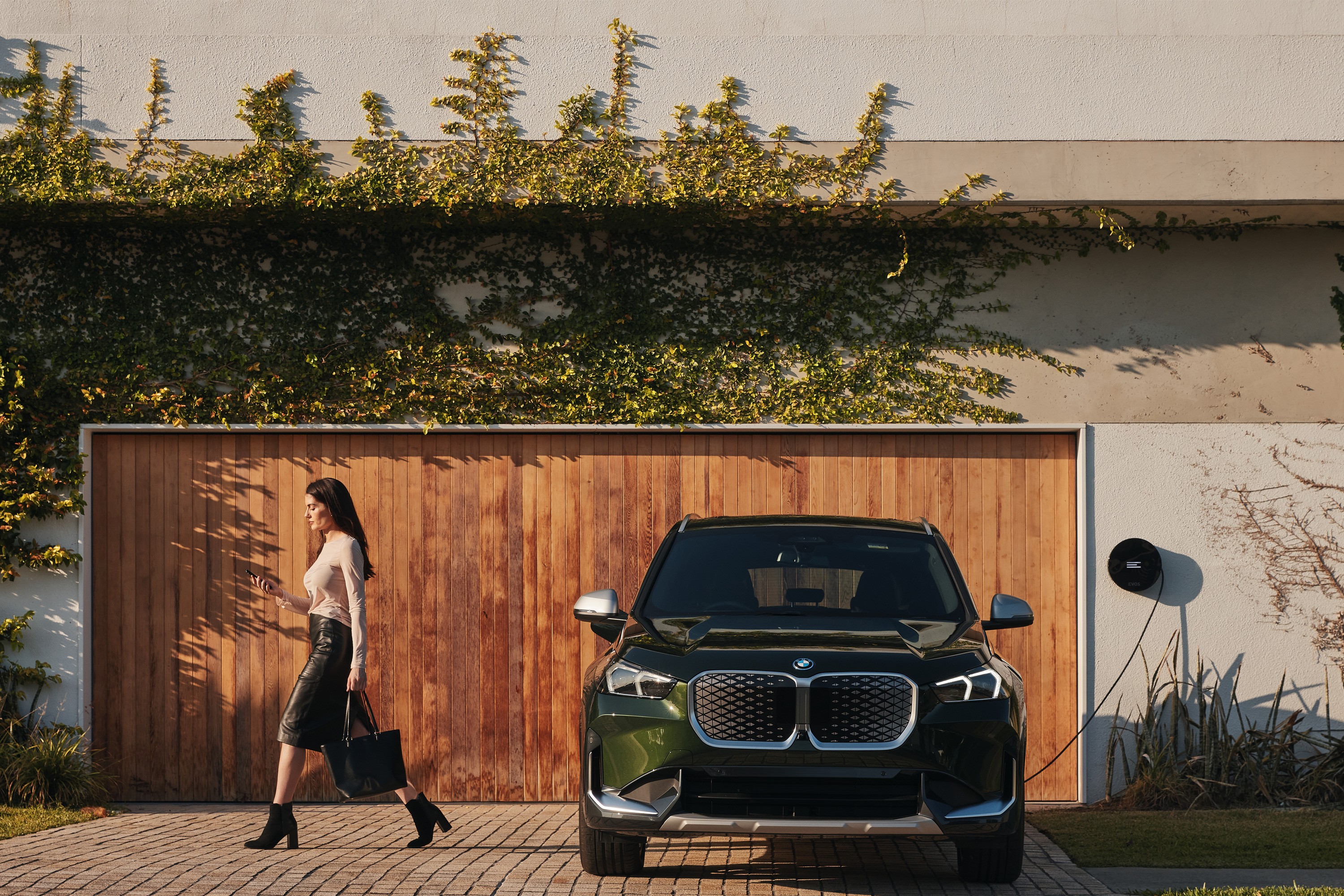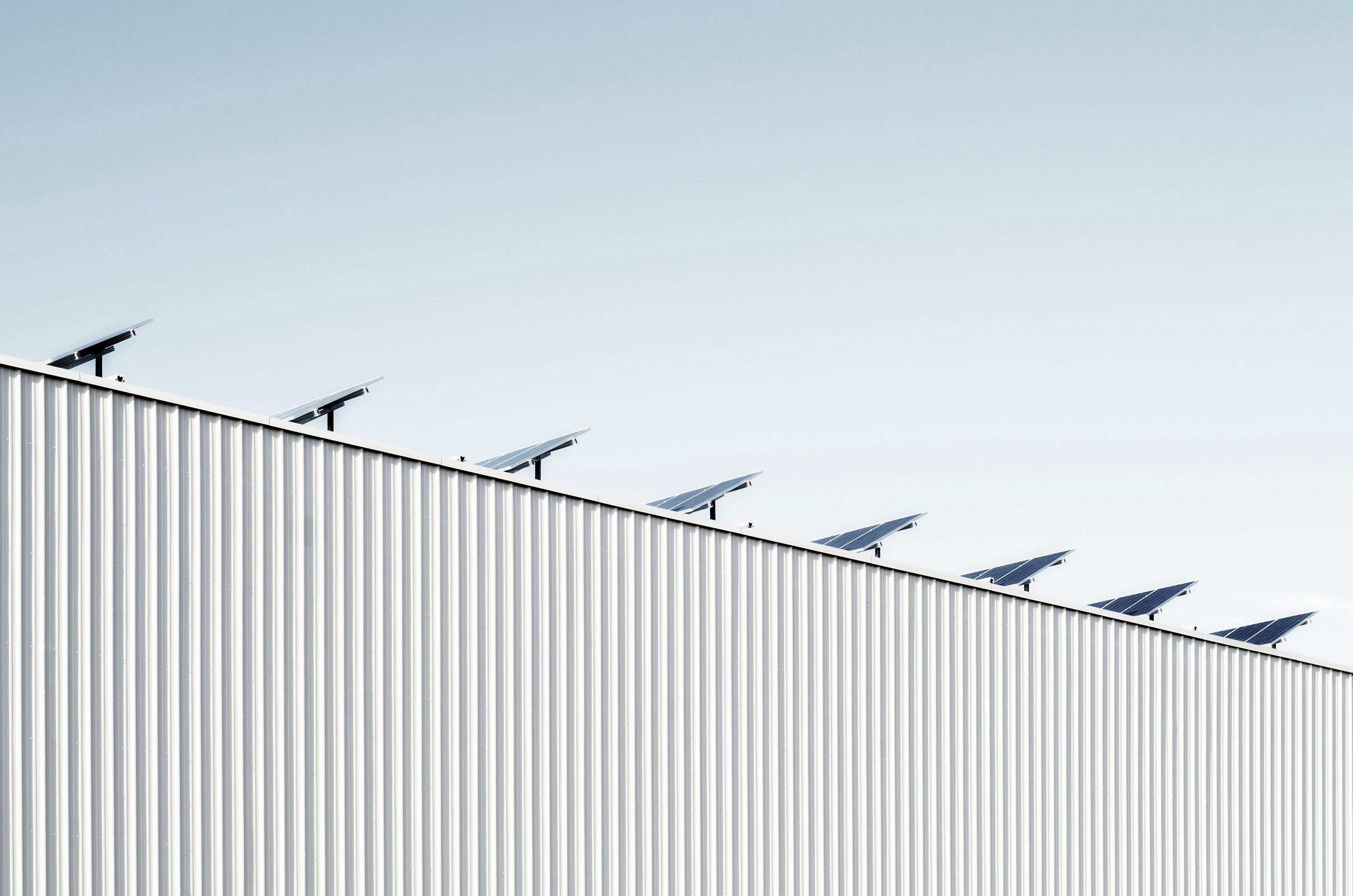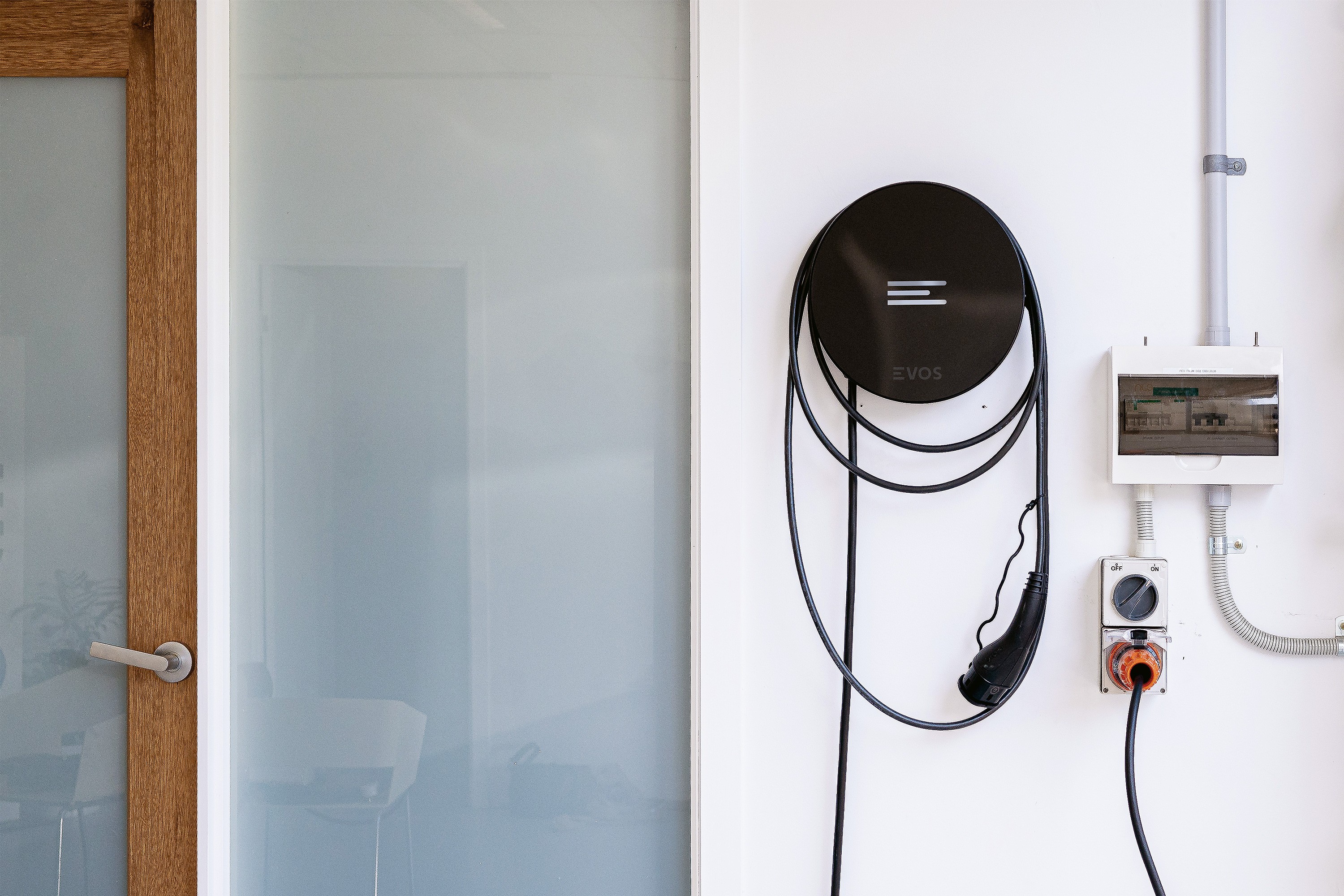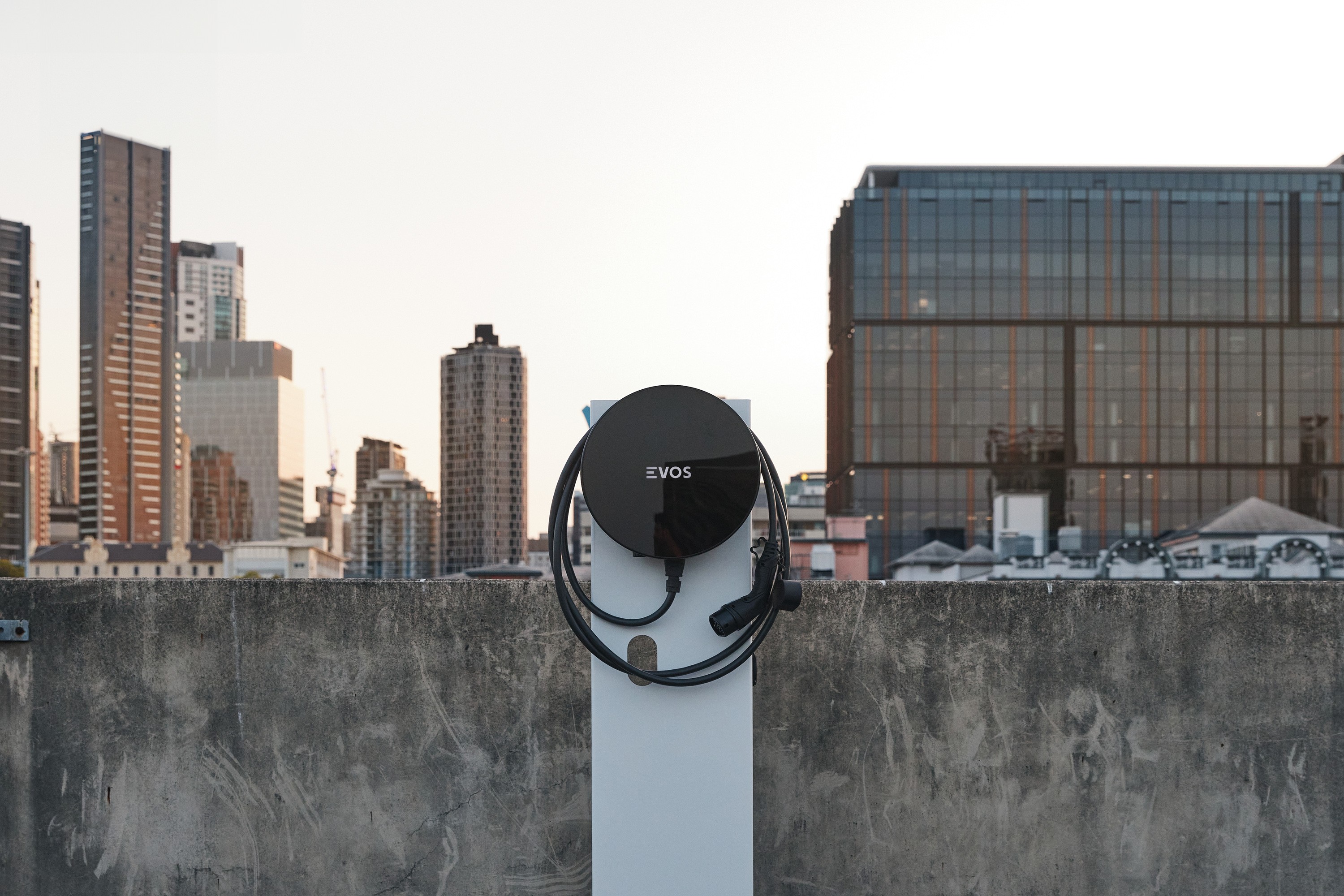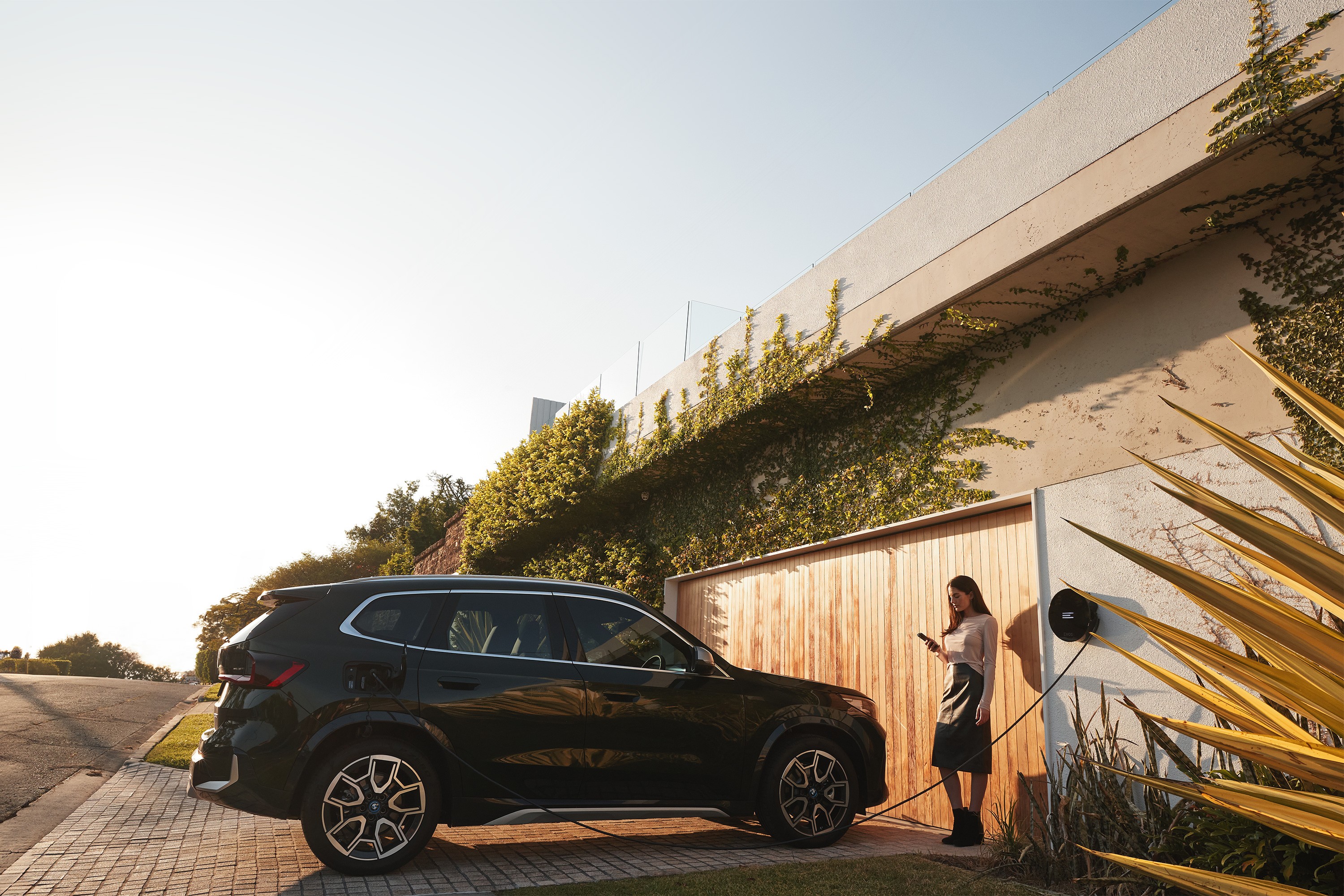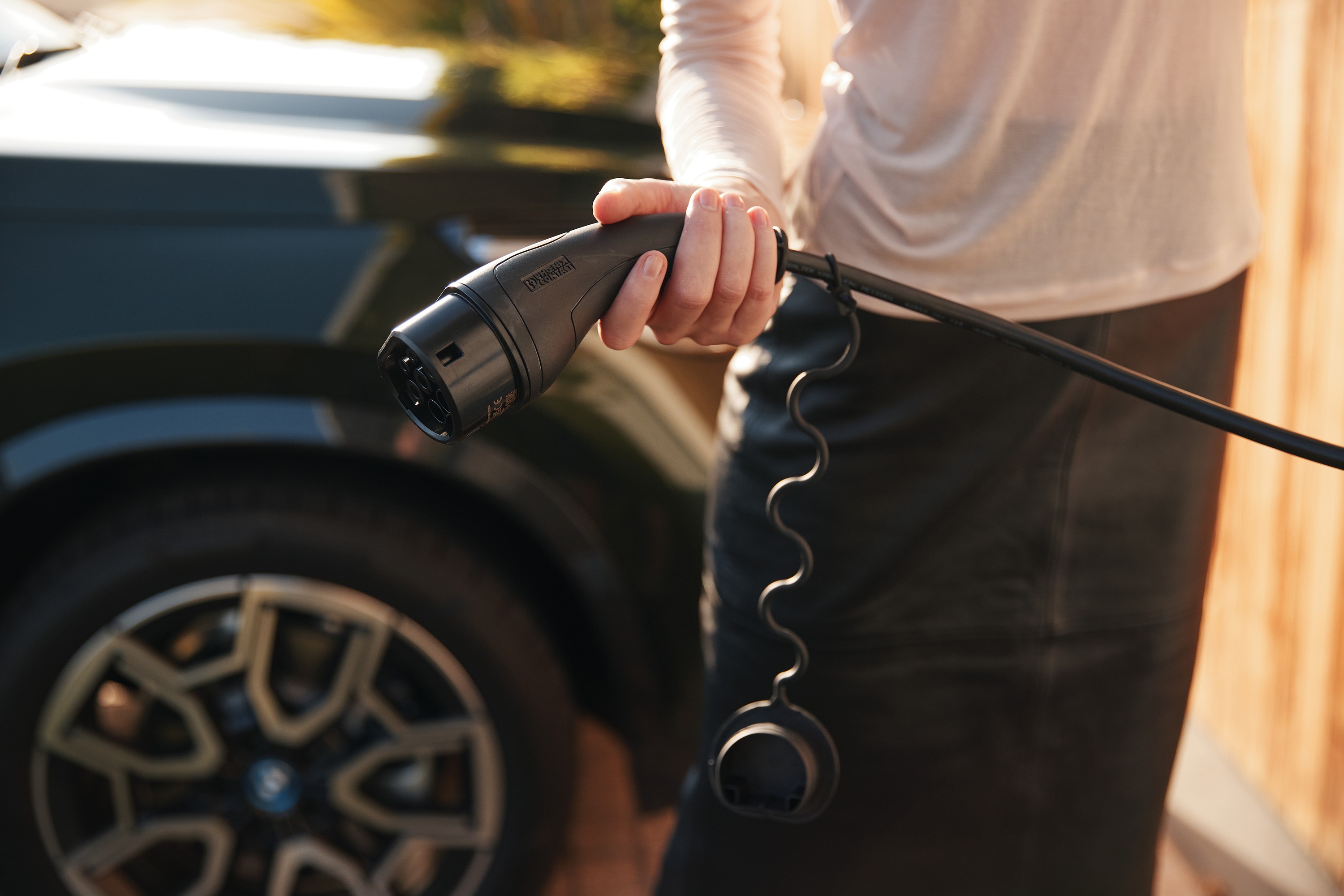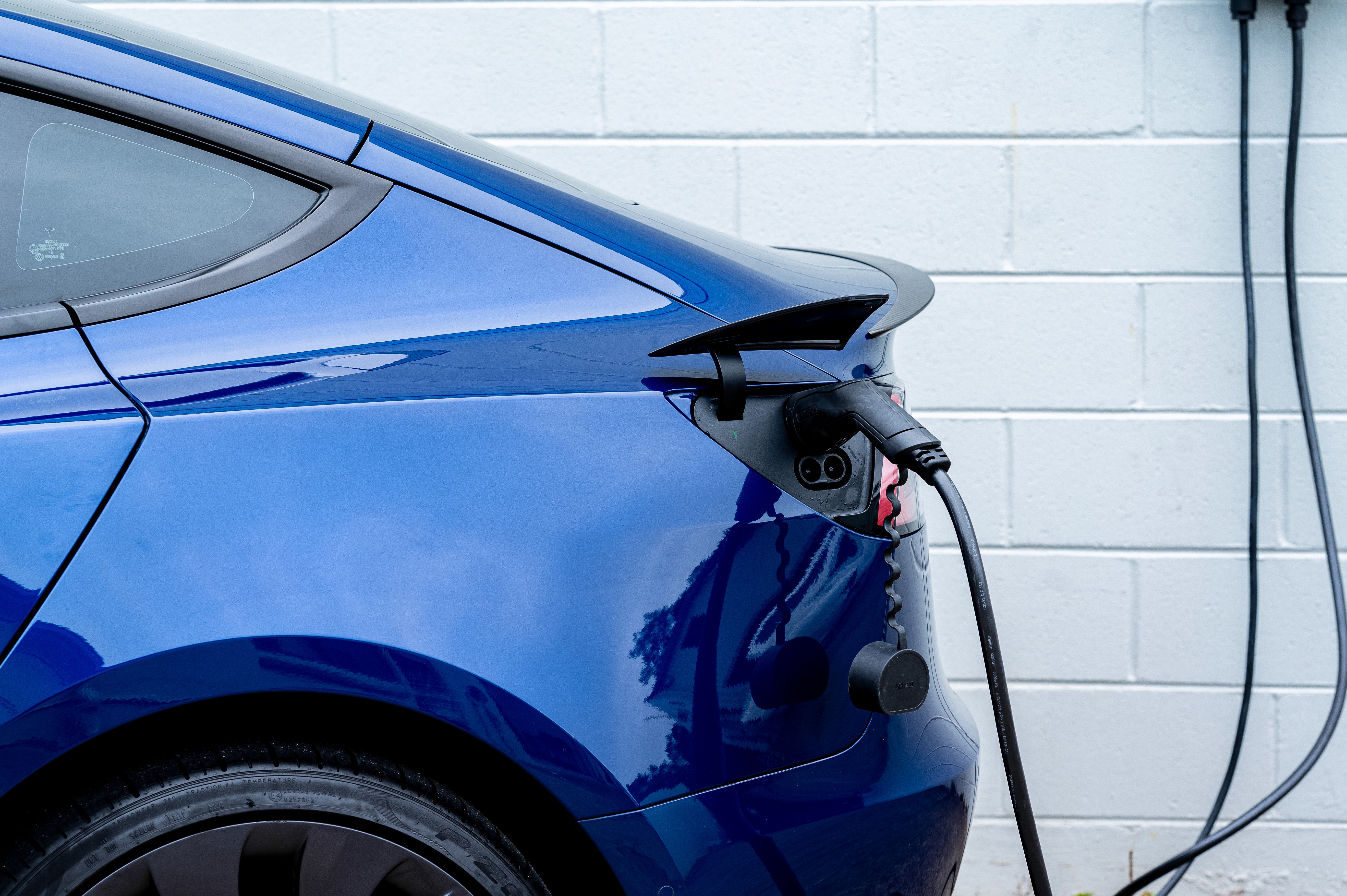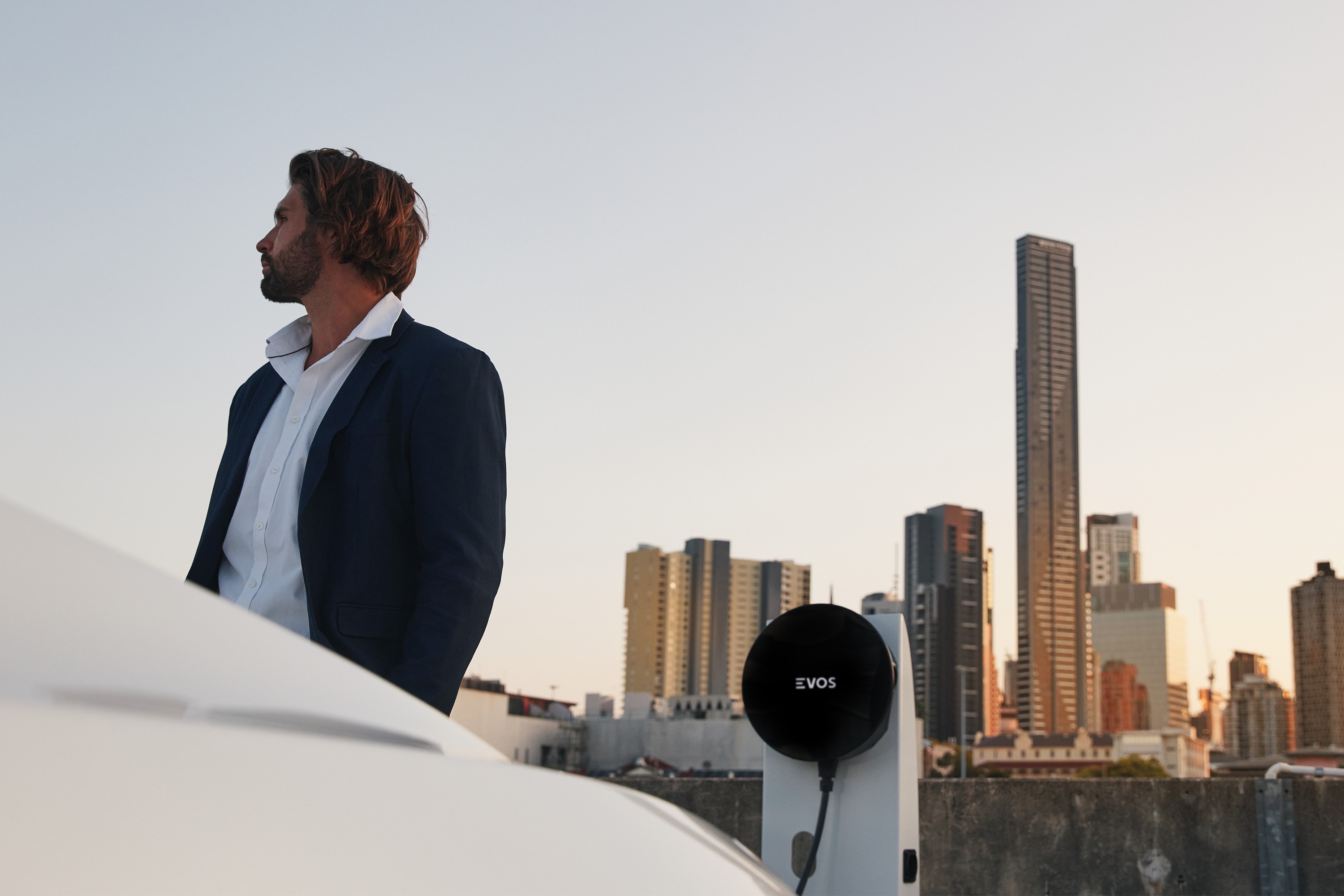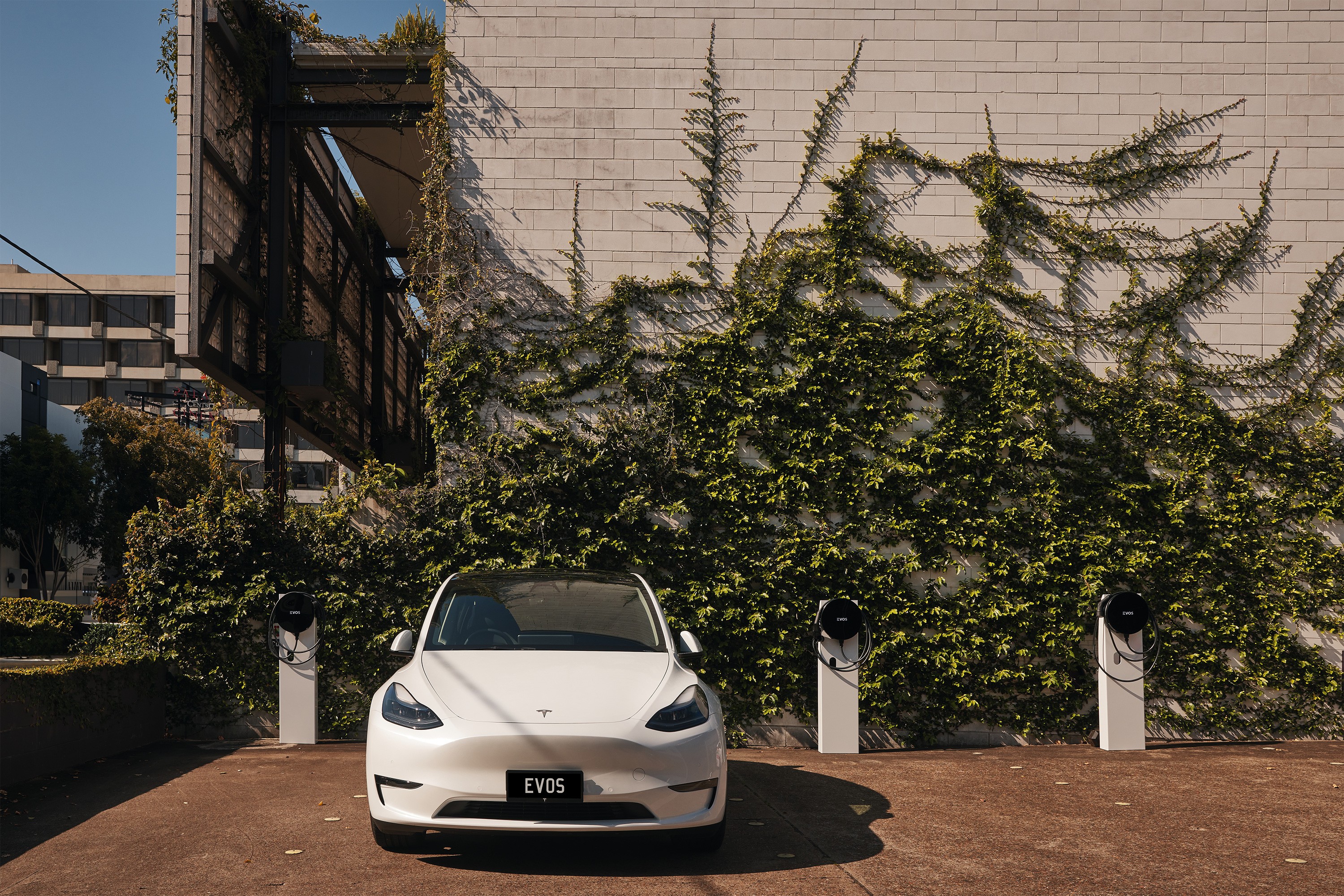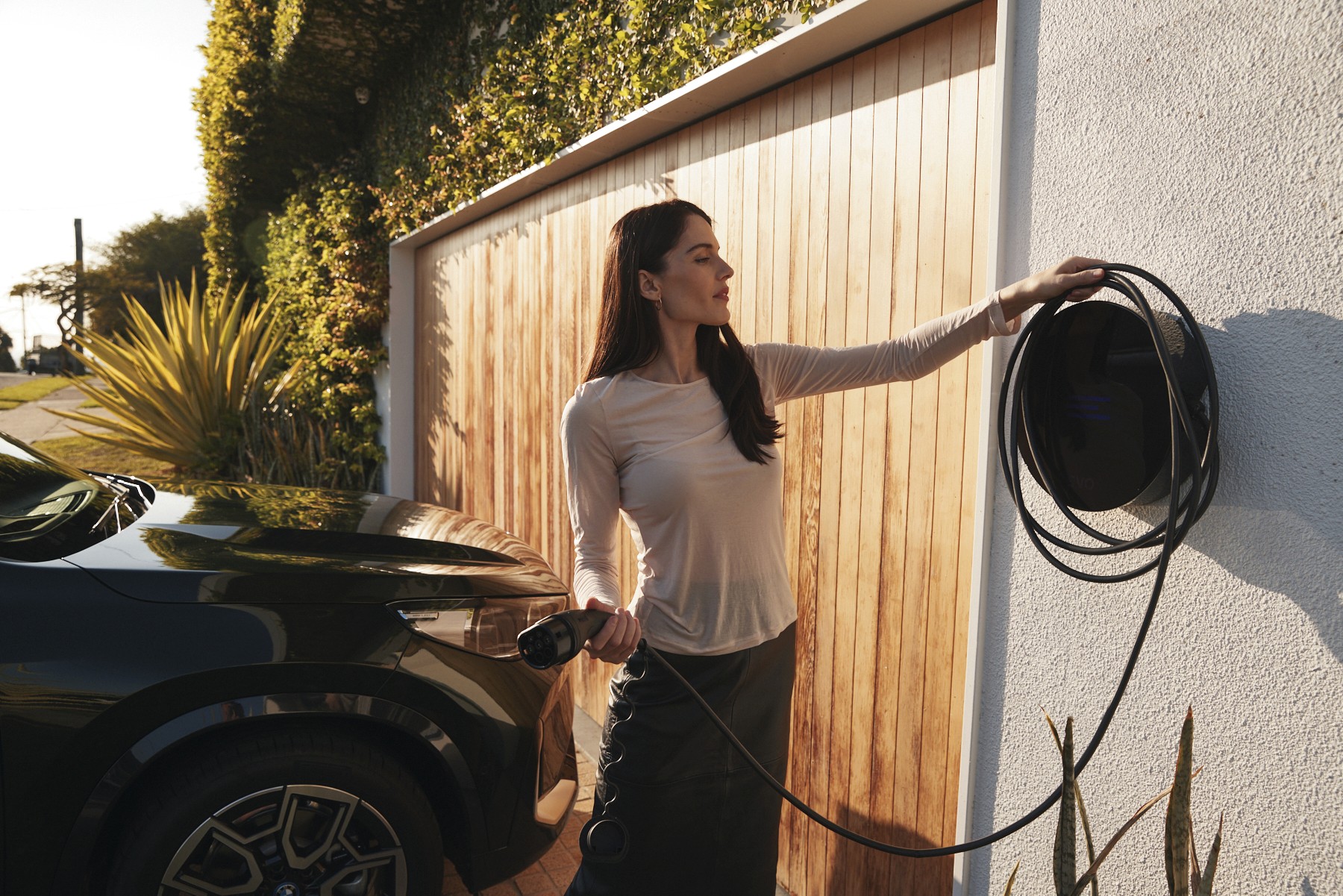

Globally, it is estimated that there are 23 million home chargers for electric vehicles (EVs) in operation, and this number is predicted to reach 300 million by 2035.
It’s not surprising that EV drivers typically prefer charging in the home; it’s more convenient and cost effective, and arguably better for an EV’s battery life.
First, let’s talk electricity. Both single phase and three phase homes are capable of supporting home chargers, but three phase charging is required to support a full rate of 32 amps. It’s important to note that not all vehicles are compatible with this charging capacity, as well as the fact that your home may not support it based on regulation or existing electrical capacity.
Do you want a networked or non-networked charger?
Simply put, a non-networked charger will work at a set power rate, whereas a networked EV charger delivers smart features like remote management and wireless monitoring. A networked charger will require an internet connection, so you will need to make sure the location you’ve picked for the charger is within range of your WiFi network.
EVOS’s smart AC chargers allow you to also keep an eye on your charging progress with real-time data, as well as monitor how much power you’re using.
How easy is it to install?
A licensed technician will need to install your EV charger under Australian law. Here at EVOS Energy, we’ve designed the installation process of our AC chargers to be frictionless, with our unique connectors allowing your electrician to set up the unit in minutes with no crimping or termination of the input power. The electronics box doesn’t even need to be opened to install our products.
Unfortunately, it is difficult to estimate installation costs as they vary based on location and technical specifications. For example, the distance between the electrical box and the charger location and the hours of labor will affect the total bill. It’s also important to consider how long the warranty lasts on the charger.
Where should you put the charger?
The charger will need to be mounted to a solid wall, close to where you typically park your EV. If a charger has a high IP rating, like EVOS’s IP 65-rated options, you can set up the station outside if desired. It’s important to note that if you rent, you need to discuss your charging plans with your landlord prior to making any changes.
Installing a home charger has the potential to significantly increase your home’s value, making it a great long-term investment.
If you have any questions about installing your EV charger at home, reach out to our friendly sales team at sayhi@evos.com.au
Related
Related
Related
EV energy made simple.
EV energy made simple.
EV energy made simple.



